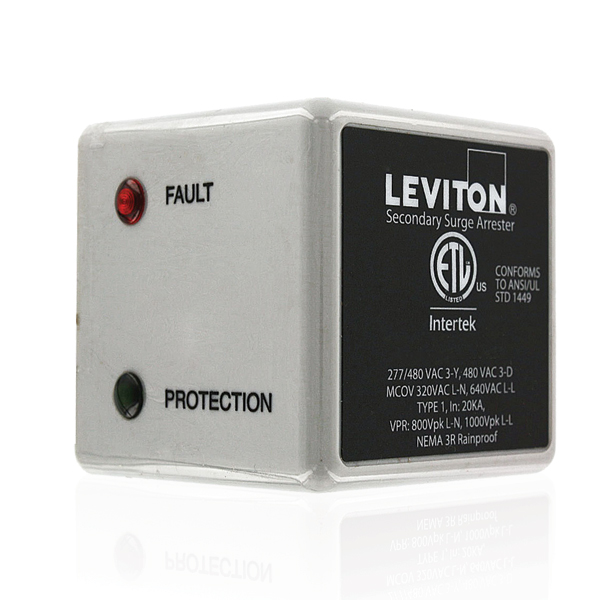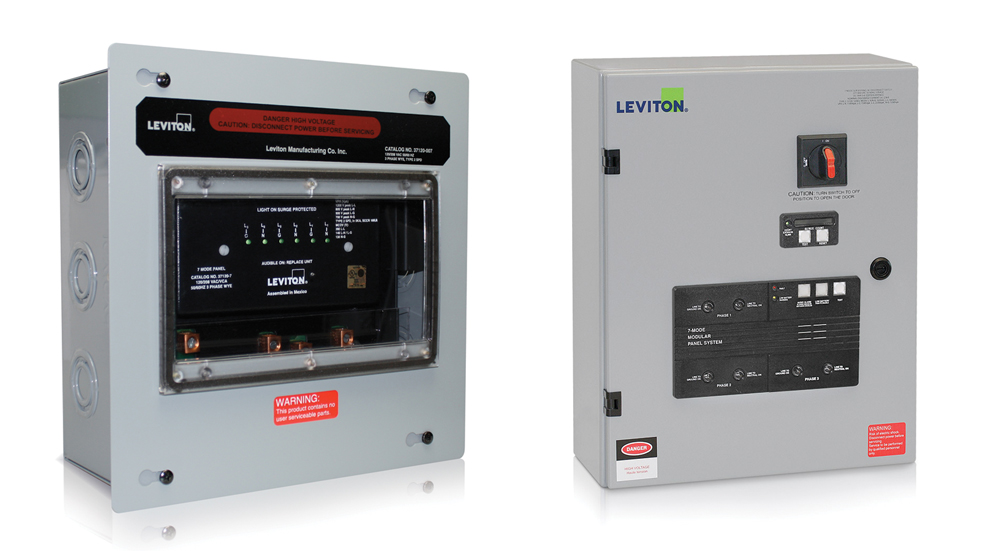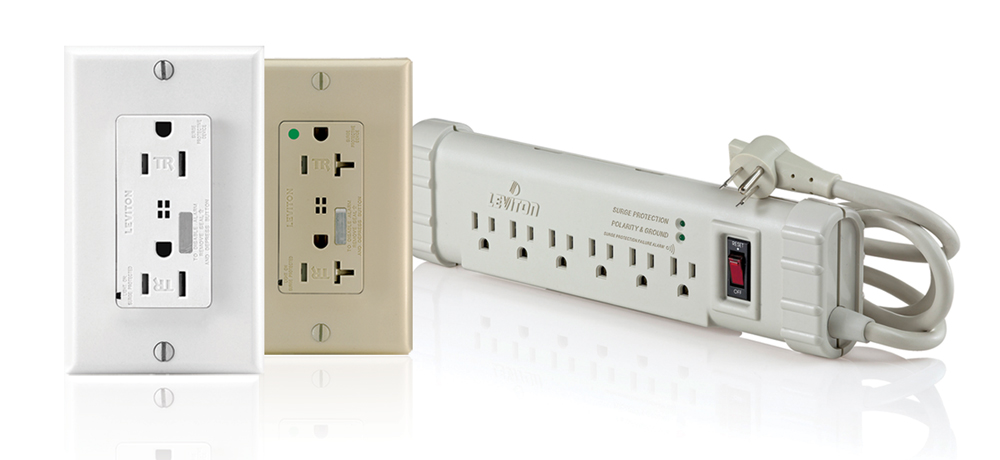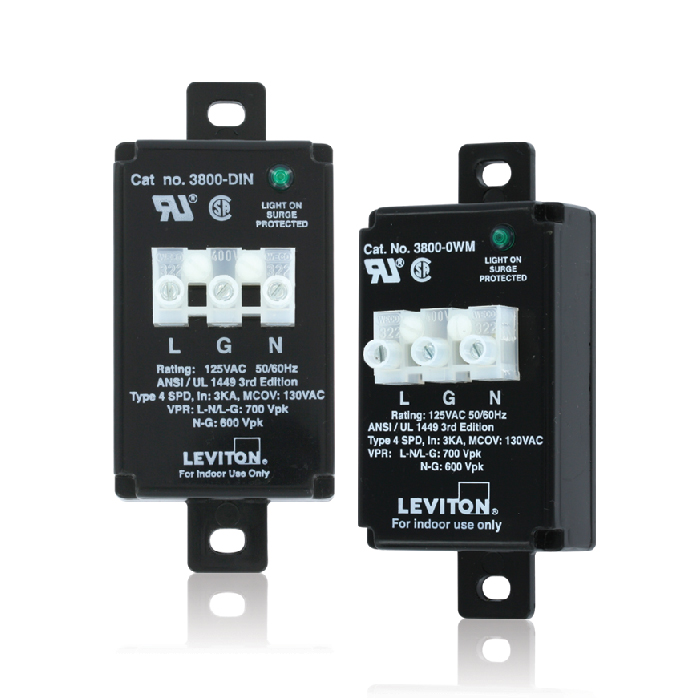230.67 Surge Protection Devices in Dwelling Units
Change Summary
- All dwelling unit services are now required to be provided with surge-protection. The surge protection device (SPD) must be an integral part of the service equipment or located immediately adjacent to the service equipment unless it is supplied at each next level distribution equipment downstream toward the load. This SPD is required to be either a Type 1 or Type 2 SPD. This requirement applies to residential service equipment being replaced as well.
| NEC® Text |
|---|
|
230.67 Surge Protection. Material taken from the National Electric Code® is reprinted with permission from NFPA 70®, 2020 edition. |
Expert Analysis
A surge protection device (SPD) is a device designed to protect electrical equipment from voltage spikes. A SPD attempts to limit the voltage supplied to an electric device by either blocking or shorting to ground any unwanted voltages above a safe threshold. There are different types of SPD’s designed for different applications and they are broken down by numbered category types. (See Leviton category breakdown provided below this analysis)
A new requirement pertaining to SPDs has been implemented for the 2020 NEC at 230.67. This new provision will require all services delivering power to dwelling units to be provided with a surge-protective device (SPD). This residential SPD must be an integral part of the service equipment or located immediately adjacent to the service equipment unless it is supplied at each next level distribution equipment downstream toward the load. This SPD is required to be either a Type 1 or Type 2 SPD. A SPD is also required where residential service equipment is replaced as well.
This new SPD requirement aligns with the recognized need for surge protection to protect sensitive electronics systems found in most appliances and equipment used in today’s modern dwelling units. Additionally, the expanding use of distributed energy resources (DER) within electrical systems (such as photovoltaic, wind, batteries, fuel cells, etc.) often results in more opportunity for the introduction of surges into the system.
Electronic life-saving equipment such as fire alarm systems, GFCI’s, AFCI’s and smoke alarms, may be damaged when a surge occurs due to such things as lighting. Even small surges can cause damage over time and often goes undetected by the homeowner. It is a practical next step to require SPDs at dwelling units to provide a base level of surge protection.
Leviton Comment
Article 230.67 calls for Surge Protection Devices (SPDs). Type 2 SPDs would typically be the type of device most often associated with this Code article.
Here we have provided an explanation of the different levels of surge protection and their applications:
Type 1 SPDs for the supply side of service entrance. Leviton offers several options including the 55240-ASA and secondary surge arrestors.

Type 2 SPDs are typically service entrance SPD panels or branch circuit SPD panels that are connected on the load side of the service disconnect overcurrent device (main service panel). Leviton offers several options including the 52120-7CS.

Type 3 SPDs are typically surge receptacles or cord connected point-of use devices. Leviton offers a complete assortment in duplex, quad and 6-plex in many styles and colors.

Type 4 SPDs are component assemblies consisting of one or more Type 5 components together with a disconnect (integral or external) or a means of complying with the limited current tests in UL 1449.

Type 5 SPDs Discrete component surge suppressors connected by its leads or provided with an enclosure with mounting means and wiring terminations.
Type 1 and Type 2 SPDs shunt external surges that originate from utilities or disturbances outside the home or facility. Type 2 SPDs can protect for both internal and external surges when located at the branch. Type 3 SPDs can shunt surges that originated internally within the home or facility. So a comprehensive strategy for surge protection typically involves a Type 1 or Type 2 SPD and also a Type 3 SPD at point of use.







